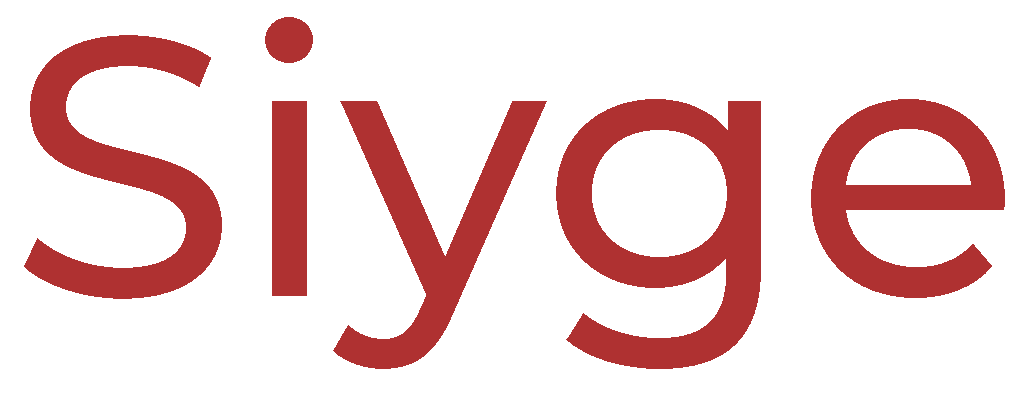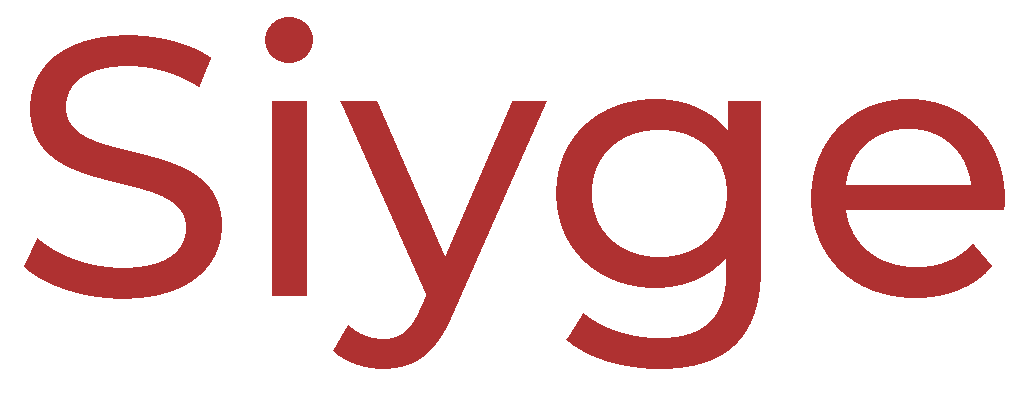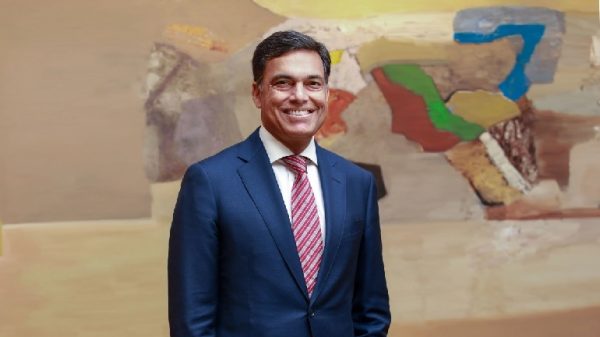“Israel and Lebanon reached an historic agreement settling this maritime dispute,” said Lapid’s Office in a statement. The premier described it as “an historic achievement which will strengthen Israel’s safety.”

Israel claimed Tuesday that it reached a US-brokered deal with Lebanon to resolve their long-disputed maritime boundary. The “historic achievement” could unlock significant offshore gas production potential for both countries.
Although technically at war with each other, the negotiations between the neighbors had experienced several setbacks since 2020’s launch, but have gained momentum in recent weeks as both sides look to make a profit from the potentially lucrative Mediterranean gas fields.
Amos Hochstein, US diplomat, floated an earlier version of a final agreement. It was approved by Israel but Lebanon demanded some changes.
Israel declared last week that it will reject the proposed changes by Lebanon. However, negotiations continued, and came to an acceptable conclusion.
“Israel and Lebanon reached an historic agreement settling this maritime dispute,” read a statement released by Israel Prime Minister Yair Lepid’s office. He praised the “historic achievement that will strengthen Israel’s safety”
Lebanon’s presidency stated that Hochstein’s final text was satisfactory and expressed hope that “the delineation agreement will be announced as soon possible.”
Elias Bou Saab (Lebanon’s chief negotiator) stated that today “we have reached a solution that pleases both sides.”
Karish, Israel’s claim that the Karish gasfield was completely within its waters was a significant source of friction in the talks. It was not part of negotiations.
Hezbollah threatened to attack Israel if Israel produced at Karish.
Israel stated that production would be started at Karish as soon is possible, regardless of Lebanon’s demands.
Israel election issue

Energean, the London-listed firm, started testing the pipeline linking Karish and the Israeli coast on Sunday. This was a critical step before production can begin.
The US text is not public, but terms leaked by the press suggest that Karish would be under Israeli control. Qana would be divided, but Lebanon would control its exploitation.
Total, a French company that searches for gas in Qana would be granted a license. Israel would get a portion of the future revenues.
Bou Saab claimed that Lebanon will be entitled to all rights in the Qana field, and that Israel may receive compensation through Total. He said that there would not be a direct partnership in gas exploration, or exploitation between these two hostile states.
The Israeli premier stated that his government was committed to importing more gas to Europe to replace the Russian deliveries damaged in the war in Ukraine.
However, Israel’s November 1 general elections have overshadowed all previous phases of the negotiations.
Benjamin Netanyahu, right-wing leader of the opposition, accused Lapid of “capitulating” to Hezbollah and moved forward with an agreement.
It isn’t clear if Netanyahu, who continues to be determined to reclaim that premiership he held between 2009 and 2020, has seen the terms of the deal.
However, he has made it clear that any agreement with Lebanon will not be binding on the hawkish government that he is forming next month with his far right and religious allies.



















